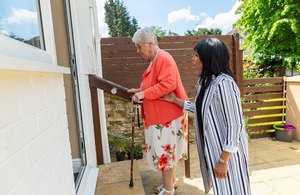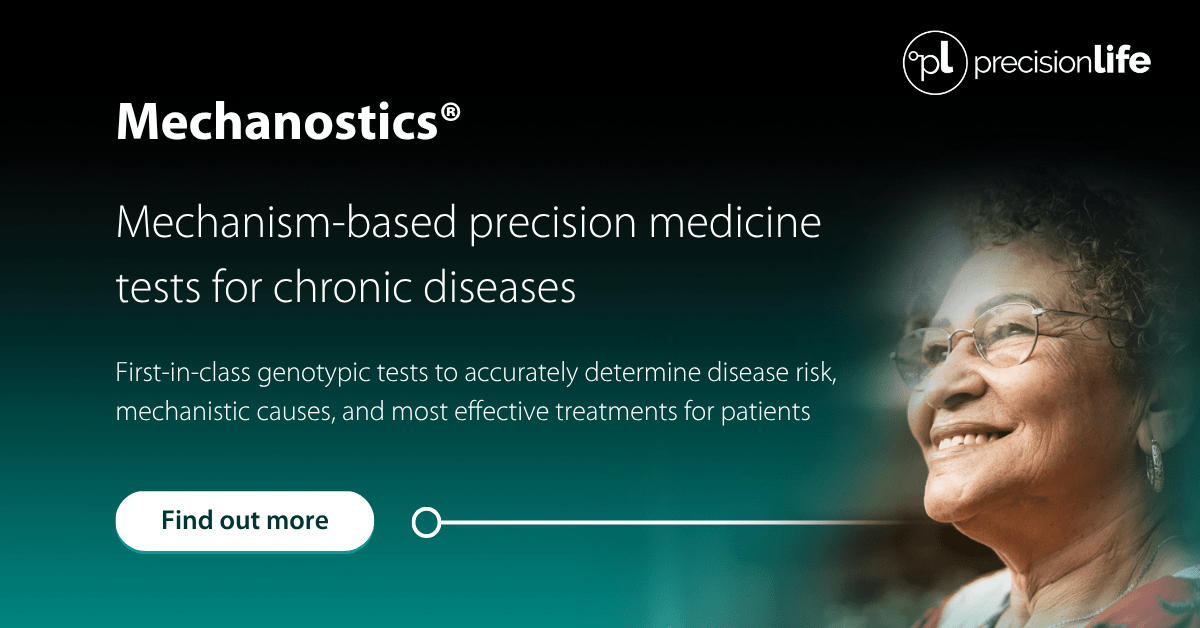Binkie4
Senior Member (Voting Rights)
Mod - apologies. Think this needs its own thread
From mods: a thread has been created here and this post copied: United Kingdom: Neighbourhood Health Centres
The delivery plan made reference to neighbourhood services. Below is the press release describing these services. It's worth reading the whole press release. How unfortunate that we didn't know about this so we could input ideas before the delivery plan for ME was finalised. It makes a mockery of the whole plan but - did you know- "the government has hit the ground running." Now we know why we didn't have a plan.
(bolding mine)
Press release (9/7/25)
From:Department of Health and Social Care, NHS England and The Rt Hon Wes Streeting MPPublished9 July 2025

Central to the 10 Year Health Plan, the services will bring NHS care closer to home and provide better support for people with complex conditions, keeping them well and avoiding unnecessary hospital trips.
One example is Team Up Derbyshire, an initiative which links up GPs, social workers, home carers and nurses to support people who need care in their own homes - bringing the best of the NHS to the rest of the NHS.
The government has hit the ground running on delivering the plan, today writing to health chiefs and local authority chief executives, urging them to team up with local health and care providers, voluntary groups and members of their communities to accelerate the rollout of the services across the country.
They have been asked to submit applications, outlining examples of joined-up working and innovation in their areas, to join phase 1 of the neighbourhood health programme.
This will prepare local partnerships to take on responsibility for more neighbourhood services in their area. It will see successful applicants join an intensive national coaching programme over the summer, including major workshop days that bring together experts, GPs and their teams, patients, the voluntary sector and local authorities.
Health and Social Care Secretary, Wes Streeting, said:
The department and NHS England will work with over 40 places across the country and ensure each region is covered by the programme. The services will be prioritised in working-class areas where healthy life expectancy is lowest, targeting communities with the greatest need first.
After years of neglect, areas where people need the NHS most often have the fewest GPs, the worst performing services and the longest waits. People in working-class areas and coastal towns spend more of their lives in ill health, and life expectancy among women with the lowest incomes has fallen in recent years, after decades of progress.
Neighbourhood health services will bring together teams of professionals to focus on patients with multiple long-term conditions and people with complex needs.
A joint taskforce has been set up between the Department of Health and Social Care and NHS England to drive progress, chaired by Sir John Oldham and made up of NHS leaders, local authority bosses, and other key figures from the voluntary sector and health and care organisations.
In addition to the neighbourhood health services that will begin in September, the government is also working to deliver neighbourhood health centres across the country over the course of the government’s 10 Year Health Plan to rebuild the NHS.
Pioneering teams - some based entirely under one roof - will be set up in local communities to dramatically improve access to the health service, and will include staff like nurses, doctors, social care workers, pharmacists, health visitors, palliative care staff and paramedics. Community health workers and volunteers will also play a pivotal role in these teams.
Millions of patients will be treated and cared for by teams of health professionals, and in years to come, local neighbourhood health centres will relieve pressure on overstretched hospitals and provide cutting-edge, personalised care.
Eventually these health centres will be open 12 hours a day, 6 days a week within local communities, and will not only bring historically hospital-based services into the community - diagnostics, post-operative care and rehab - but will also offer services like debt advice, employment support and stop smoking or weight management, all of which will help tackle issues which we know affect people’s health.
From mods: a thread has been created here and this post copied: United Kingdom: Neighbourhood Health Centres
The delivery plan made reference to neighbourhood services. Below is the press release describing these services. It's worth reading the whole press release. How unfortunate that we didn't know about this so we could input ideas before the delivery plan for ME was finalised. It makes a mockery of the whole plan but - did you know- "the government has hit the ground running." Now we know why we didn't have a plan.
(bolding mine)
Press release (9/7/25)
Government takes action to deliver neighbourhood health services
The government hits the ground running on delivering the 10 Year Health Plan by taking the first steps in the rollout of new neighbourhood services.From:Department of Health and Social Care, NHS England and The Rt Hon Wes Streeting MPPublished9 July 2025

- Ground-breaking neighbourhood health services to be delivered in most-deprived areas first, where healthy life expectancy is lowest
- Government hits ground running on delivering 10 Year Health Plan, beginning in deprived communities with greatest need
- Pioneering neighbourhood health teams will focus on patients with multiple long-term conditions and more complex issues
Central to the 10 Year Health Plan, the services will bring NHS care closer to home and provide better support for people with complex conditions, keeping them well and avoiding unnecessary hospital trips.
One example is Team Up Derbyshire, an initiative which links up GPs, social workers, home carers and nurses to support people who need care in their own homes - bringing the best of the NHS to the rest of the NHS.
The government has hit the ground running on delivering the plan, today writing to health chiefs and local authority chief executives, urging them to team up with local health and care providers, voluntary groups and members of their communities to accelerate the rollout of the services across the country.
They have been asked to submit applications, outlining examples of joined-up working and innovation in their areas, to join phase 1 of the neighbourhood health programme.
This will prepare local partnerships to take on responsibility for more neighbourhood services in their area. It will see successful applicants join an intensive national coaching programme over the summer, including major workshop days that bring together experts, GPs and their teams, patients, the voluntary sector and local authorities.
Health and Social Care Secretary, Wes Streeting, said:
From September, the first 42 sites will then immediately start rolling out their neighbourhood health programmes, with clear guidance, support and metrics to report on regularly.Our 10 Year Health Plan committed to building a Neighbourhood Health Service, and we’re hitting the ground running on delivering it.
If we are to get patients cared for faster, on their doorstep and even in their own home, then we need to shift the focus of the NHS from hospitals to the community.
Today, we are issuing an open invitation to local authorities and health services to become pioneer neighbourhood health services and lead the charge of healthcare reform.
As part of our Plan for Change, we’re beginning the Neighbourhood Health Service in areas of greatest need first, to tackle the unfair health inequalities that blight our country.
The department and NHS England will work with over 40 places across the country and ensure each region is covered by the programme. The services will be prioritised in working-class areas where healthy life expectancy is lowest, targeting communities with the greatest need first.
After years of neglect, areas where people need the NHS most often have the fewest GPs, the worst performing services and the longest waits. People in working-class areas and coastal towns spend more of their lives in ill health, and life expectancy among women with the lowest incomes has fallen in recent years, after decades of progress.
Neighbourhood health services will bring together teams of professionals to focus on patients with multiple long-term conditions and people with complex needs.
A joint taskforce has been set up between the Department of Health and Social Care and NHS England to drive progress, chaired by Sir John Oldham and made up of NHS leaders, local authority bosses, and other key figures from the voluntary sector and health and care organisations.
In addition to the neighbourhood health services that will begin in September, the government is also working to deliver neighbourhood health centres across the country over the course of the government’s 10 Year Health Plan to rebuild the NHS.
Pioneering teams - some based entirely under one roof - will be set up in local communities to dramatically improve access to the health service, and will include staff like nurses, doctors, social care workers, pharmacists, health visitors, palliative care staff and paramedics. Community health workers and volunteers will also play a pivotal role in these teams.
Millions of patients will be treated and cared for by teams of health professionals, and in years to come, local neighbourhood health centres will relieve pressure on overstretched hospitals and provide cutting-edge, personalised care.
Eventually these health centres will be open 12 hours a day, 6 days a week within local communities, and will not only bring historically hospital-based services into the community - diagnostics, post-operative care and rehab - but will also offer services like debt advice, employment support and stop smoking or weight management, all of which will help tackle issues which we know affect people’s health.
Last edited by a moderator:


